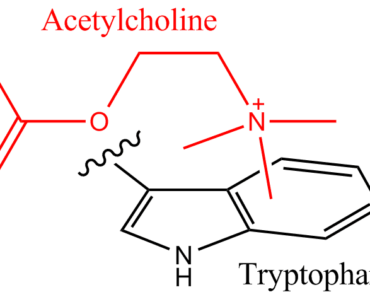Cardiac enzyme tests suggest if your doctor suspects you’re having a heart attack or may have had one lately. As the name implies, this test evaluates the number of specific proteins in your bloodstream. When the heart muscle is injured, higher quantities of these molecules — known as biomarkers — are produced.
In a cardiac enzyme testing, the prime biomarker is troponin T. An important biomarker that helps doctors detect heart stress. If your cardiac muscle isn’t getting enough oxygen, it will show up on this test as well. To discover more about the testing process and what the results could mean for you, continue reading this article.
Do I need to make any preparations in advance?
A cardiac enzyme test does not involve any prior preparation on the part of the test subject.
When a person suffers from a heart attack, cardiac enzymes are often tested in an emergency setting to confirm the suspicion. A family member or friend of yours is responsible for informing your doctor of any medications and supplements you are taking.
- It is also crucial to let your doctor know about any previous heart illness or strokes.
- Do you have high blood pressure or not.
- If you had any recent surgeries or other procedures in the past.
- How long have the symptoms been present?
What to expect during the test?
It is similar to a regular blood test in that it looks for cardiac enzymes. A needle into your arm and a tiny vial or two of blood is collected. It may cause some discomfort when implanted first.
If you’ve had a heart attack, your doctor will check your biomarker levels to see how much damage the heart muscle has sustained. If the levels are changing, they will often check them more than once.

Your doctor may want to check more than just your biomarkers:
- Included in this are your cholesterol,
- Blood pressure readings,
- Check your blood sugar (sugar),
- White and red cell counts, and platelet levels,
- Electrolyte levels, such as sodium and potassium,
- Levels B.-type (BNP) natriuretic peptide, a hormone that may indicate heart failure.
In what way are the results significant?
If you’ve had a heart attack, cardiac enzyme testing can tell you whether you’ve had one. In the bloodstream of most healthy young people, for example, there is no troponin T circulating. Troponin T levels in the blood increase with the severity of heart attack damage.
Measures cardiac troponin T (ng/mL) in nanograms. Your doctor will most likely diagnose a heart attack if your troponin T level is over the 99th percentile for the test. High initial levels followed by a rapid decline reflect recent heart damage. There’s a chance it was a minor heart attack. Some of you may not have even been aware of the fact that it existed.







